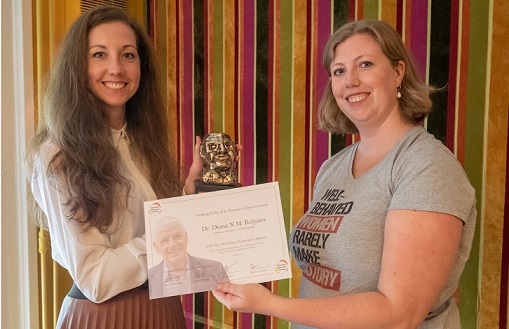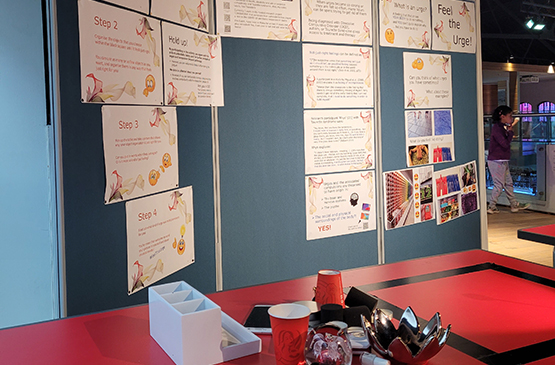About
I’m a cultural, disability, and health geographer, working on the intersections of human geography, medical humanities, disability studies, continental philosophy, as well as the Tourette’s-related neuropsychiatric, biomedical, and clinical sciences. My scholarship also includes critical social science approaches to the COVID-19 pandemic and emergency and primary care health services research, particularly regarding health inequalities.
I largely employ qualitative social science and humanities methodologies, including various interview techniques as well as narrative and critical discourse analysis. I also use and develop in-situ methods to capture dimensions of peoples lives that don’t easily form into memory, including ethnography and structured observation, but also mobile eye-tracking technologies.
My work to date roughly divides into three broad, intersecting strands (see research section):
1. Extraordinary body-environment relations: compulsion
2. The medicalisation of behaviour
3. Knowledge formations in health services, governmental agencies in the context of health crises and inequality
Currently, I also assist in leading the PPIE dimension of PRIME Centre Wales: the SUPER group. This group offers feedback to research ideas and emerging research proposals by PRIME Centre Wales researchers.
NEWS:
I’m an Invited Speaker at the Critical Neurodiversity Studies conference in Durham 24 – 26 June 2025. The conference is free and will stream online. More information here




